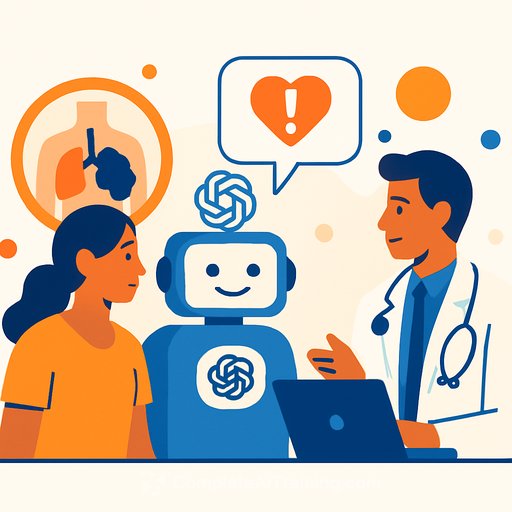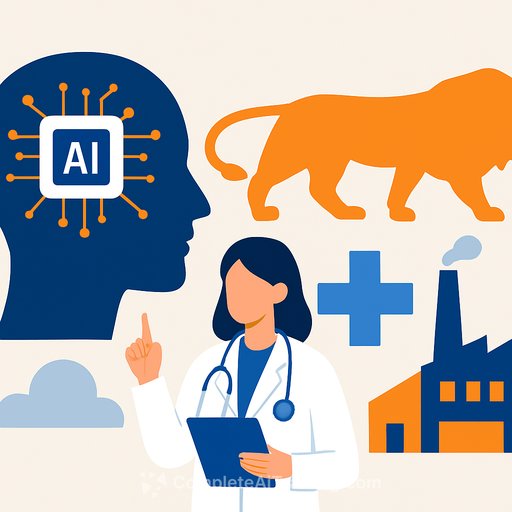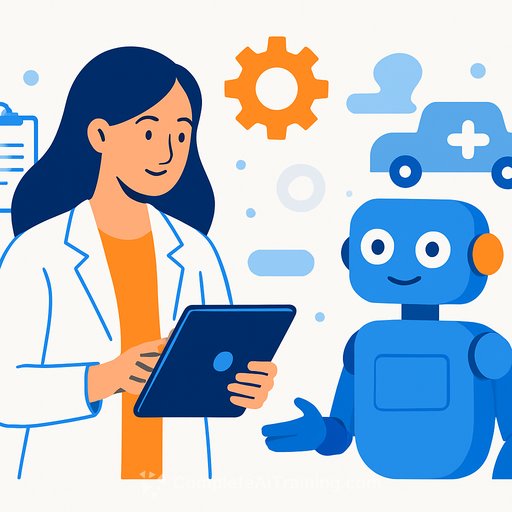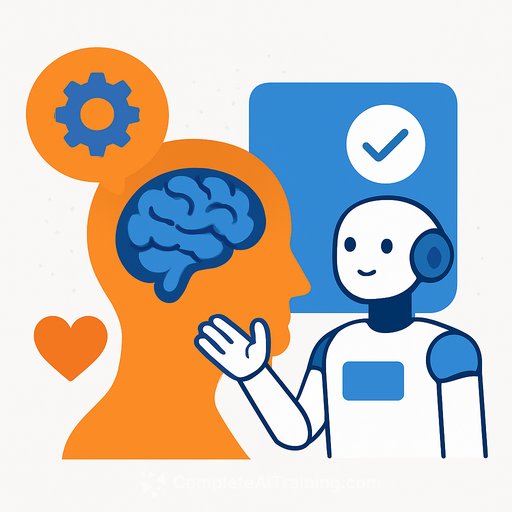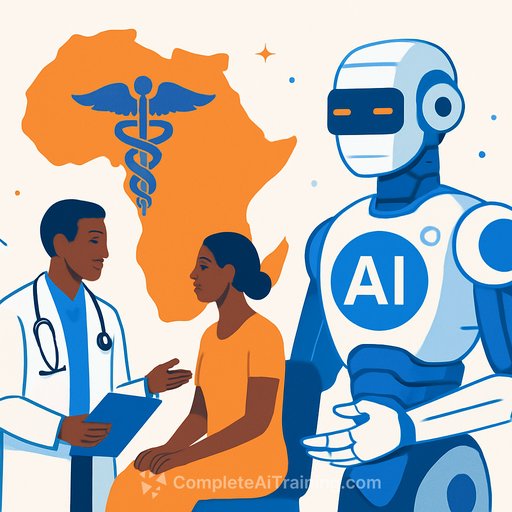OpenAI's ChatGPT-5 introduces advanced AI capabilities aimed at supporting healthcare professionals and patients in detecting serious health conditions, including cancer.
ChatGPT-5: Enhanced Medical Assistance Through AI
OpenAI’s latest AI language model, ChatGPT-5, offers notable improvements in medical-related interactions. It can interpret complex medical terminology, identify potential health risks, and explain symptoms and treatments in clear, accessible language. This makes it a valuable tool for healthcare workers and patients alike, especially in areas with limited access to medical specialists.
Detecting Serious Medical Conditions
One of the key features of ChatGPT-5 is its ability to recognize signs of serious illnesses such as cancer. By analyzing user input about symptoms like unexplained weight loss, chronic fatigue, or irregular bleeding, GPT-5 can highlight red flags that may require urgent medical attention. This early alert function can support timely intervention and encourage users to seek professional care.
High Performance in Healthcare Evaluation
ChatGPT-5 achieved top health evaluation scores in benchmark tests conducted with over 250 medical professionals. The model demonstrates strong capabilities in:
- Translating complex medical reports such as biopsy results and radiology findings
- Clarifying risk-benefit analyses for various treatment options
- Supporting communication between patients and clinicians by helping users prepare informed questions
These functions support healthcare providers by enhancing patient comprehension and engagement.
Real-World Impact: A Patient’s Experience
During the launch, OpenAI shared Carolina’s story — a patient diagnosed with three types of cancer within a week. Faced with complex biopsy reports, she used GPT-5 to get a clear explanation and better understand her diagnosis. This helped her approach her doctor’s consultation with confidence and preparedness.
Throughout her treatment, Carolina used GPT-5 to:
- Break down treatment options
- Evaluate pros and cons of therapies like radiation
- Formulate thoughtful questions for her medical team
This example shows how AI can serve as a supportive companion during critical healthcare moments.
Extending Healthcare Access in Remote Areas
In regions where healthcare access is limited by geography or resources, GPT-5 can act as a virtual first-line assistant. It provides:
- Preliminary symptom assessments
- Education on possible causes and treatments
- Guidance on interpreting local medical documentation
- Recommendations on when to consult healthcare professionals
This helps users make informed decisions even when immediate clinical care is not available.
Important Notice: GPT-5 Is Not a Replacement for Medical Professionals
OpenAI clearly states that ChatGPT-5 should not substitute professional medical advice, diagnosis, or treatment. Instead, it serves as:
- A triage support tool
- A health education resource
- An aid to decode medical language
- A guide to preparing questions for healthcare providers
Its role is to enhance communication and understanding but not to replace clinical judgment.
For healthcare professionals interested in how AI tools like ChatGPT-5 can complement their practice, exploring specialized AI courses may provide practical insights. More information can be found at Complete AI Training.
Your membership also unlocks:

